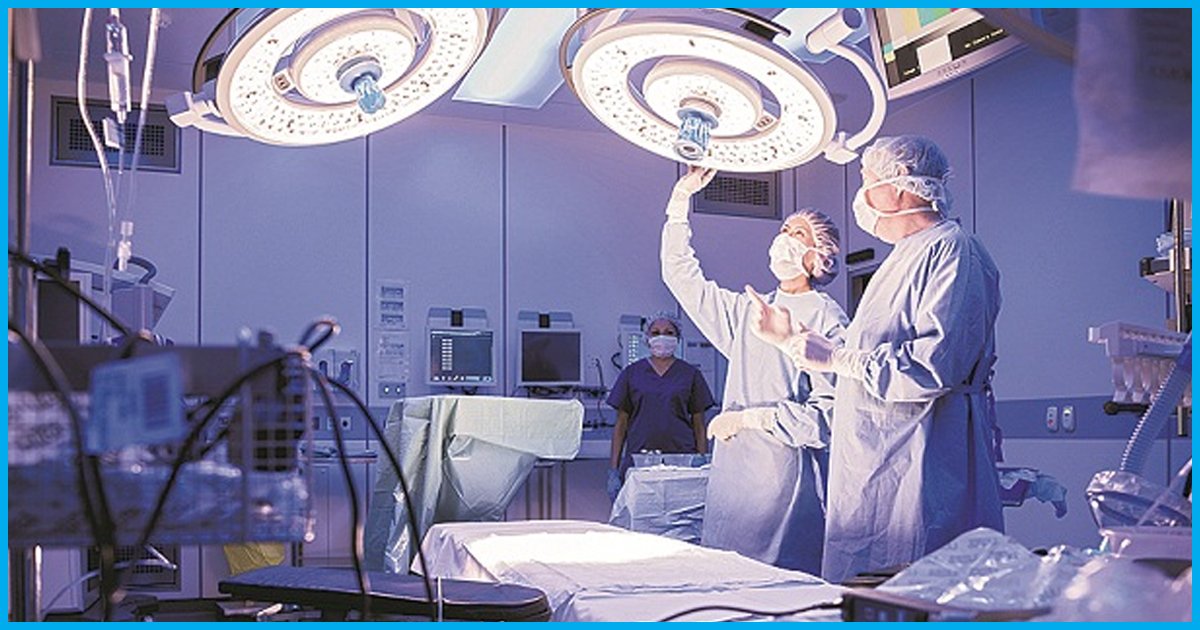
Dialysis, Pacemaker, Cancer Devices To Become Costlier With GST: Union Health Ministry
The Union Ministry has announced that dialysis, pacemaker implantation, support devices in orthopaedics and cancer treatments are about to become costlier due to the levy of the Goods and Services Tax (GST).
The GST cell of the Ministry has stated this on its website in answer to one of the frequently asked questions on the Goods and Services Tax and its impact on the health sector.
“Dialysis (5 to 12 per cent), pacemaker (5.5 to 12-18 per cent), support devices in orthopaedics (5 to 12 per cent), and all support devices for cancers except blood cancer (5 to 7-12 per cent) are the services that will face increased taxation due to GST,” the Ministry said.
However, the ministry has also pointed out in a reply to another question that life-saving drugs, healthcare services, and medical devices would continue to be tax-free under the GST.
Diagnostic kits, excepting those used in the detection of Hepatitis and radiology machines, would come under the high-end ambit of 28% tax, according to a government official. This would make diagnosis a costlier affair.
After the GST has been rolled out, the cost of insurance, pharmaceuticals and international travel is expected to be reduced which would, in turn, result in better prospects for medical tourism.
The Ministry of Health has also appointed a nodal officer who has been entrusted with the responsibility of disseminating information to all stakeholders and address their concern.
Earlier last month, the government had received flak for fixing the GST between 5-18% on aids needed by the differently-abled to sustain everyday life. It later decided to cap 22 assistive devices and rehabilitation aids for the physically challenged at 5%.
However, it is essential to understand that even this 5% tax acts as an additional load to the differently-abled – cars will continue to attract 18% GST even if they are retrofitted for a driver with a disability.
The differently-abled are perturbed with the government’s decision to waive off tax on items like sindoor and bangles, but not daily products for their sustenance. The government had, however, validated its actions by saying that it wished to protect local manufacturers, avoid an inverted tax structure (where there is a huge disparity between taxes on intermediate goods and those on the finished products), and keep the new tax rate at the same level or lower than the old one.
The Logical Indian community wishes to bring to fore the fact that the rolling of GST was supposed to bring benefit to the consumers, or so had the government promised. With prices for treatments like that of cancer, kidney failure, etc. getting costly with the onset of GST, it has become a matter of grave concern for a large chunk of the Indian population who do not have access to proper medical facilities. We urge the government to revisit the GST rates for expensive medical treatments.
 All section
All section













